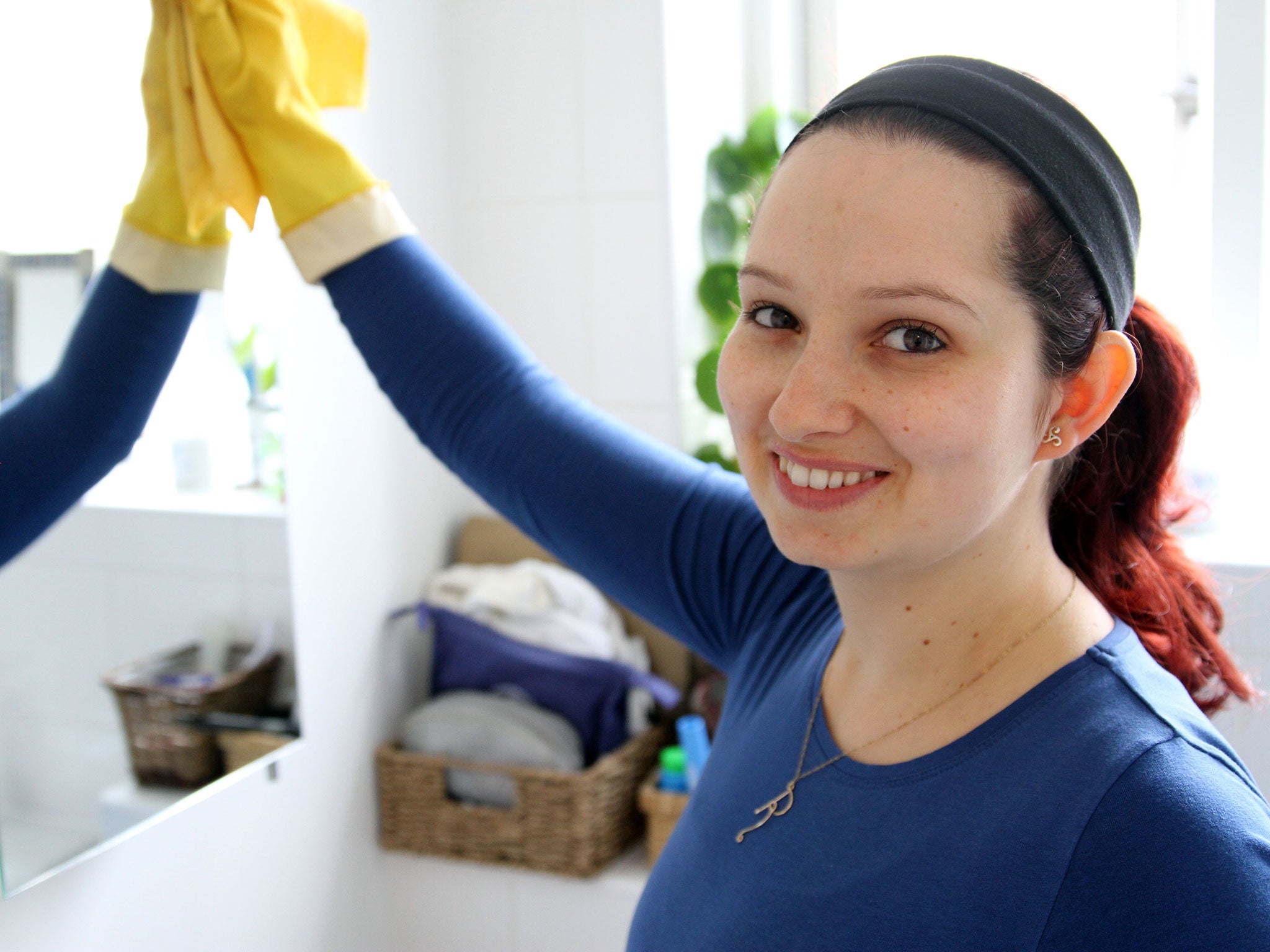Modern Times: The Secret Life of Cleaners, review: BBC doc reveals grubby little secrets that can't be swept under the carpet
Cleaners appearing as talking heads and customers heard via voicemails to agencies revealed the industry's underbelly

Your support helps us to tell the story
From reproductive rights to climate change to Big Tech, The Independent is on the ground when the story is developing. Whether it's investigating the financials of Elon Musk's pro-Trump PAC or producing our latest documentary, 'The A Word', which shines a light on the American women fighting for reproductive rights, we know how important it is to parse out the facts from the messaging.
At such a critical moment in US history, we need reporters on the ground. Your donation allows us to keep sending journalists to speak to both sides of the story.
The Independent is trusted by Americans across the entire political spectrum. And unlike many other quality news outlets, we choose not to lock Americans out of our reporting and analysis with paywalls. We believe quality journalism should be available to everyone, paid for by those who can afford it.
Your support makes all the difference.Have you ever wondered what Britain's domestic cleaners get up to when their clients aren't around? Well, you won't have found out from this Modern Times film. Most workers we saw on The Secret Life of Cleaners were hovered over by their employers who doled out instructions or offloaded problems.
In this stylishly shot, London-based documentary, we followed the subjects – mostly immigrants, mostly overqualified – scrubbing, dusting and mopping in properties across the capital. The women (exclusively women) had good relationships with clients: laughing, drinking wine, declaring their loyalty. But those were the pairings who agreed to be filmed. The others, both cleaners appearing as talking heads, and customers, heard via voicemails to agencies, revealed the industry's underbelly: "When the whole business end of the toilet brush is a solid turd, how do they expect it to work?"
We saw women earning eight to 10 pounds an hour, working seven days and paying up to £170 a week to unscrupulous landlords. But they didn't blame their employers: "If you have the money, it's nice to be lazy," said one. Indeed, the "L" word was bandied about more by homeowners in relation to themselves.
One couple helped their Bulgarian cleaner (an accountant back home) with her English, recommended her to their Dulwich neighbours, bought her native-language DVDs and, comically, got down on the floor to do the hoovering to save her bad back.
The classical score and abstractly shot cleaning scenes almost elevated the profession to an art form. But the truth came out: this was physical, grubby, often underpaid work, done by people living on a wing and a prayer – and hoping for a decent person at the other side of the door.
Join our commenting forum
Join thought-provoking conversations, follow other Independent readers and see their replies
Comments